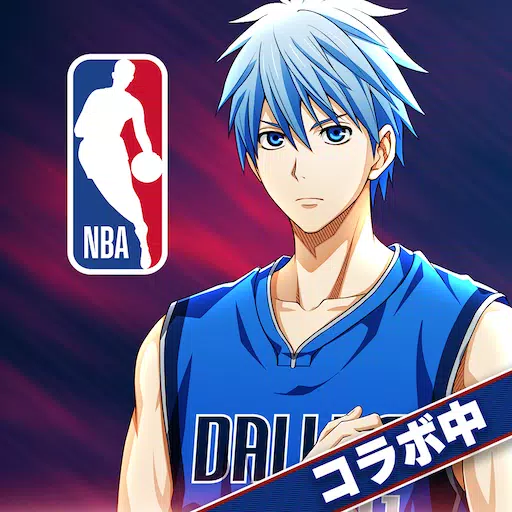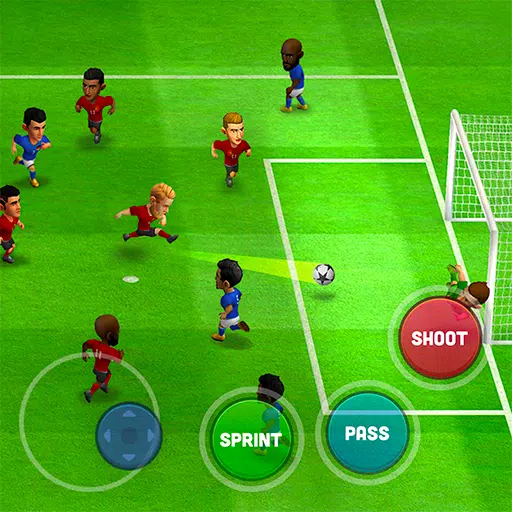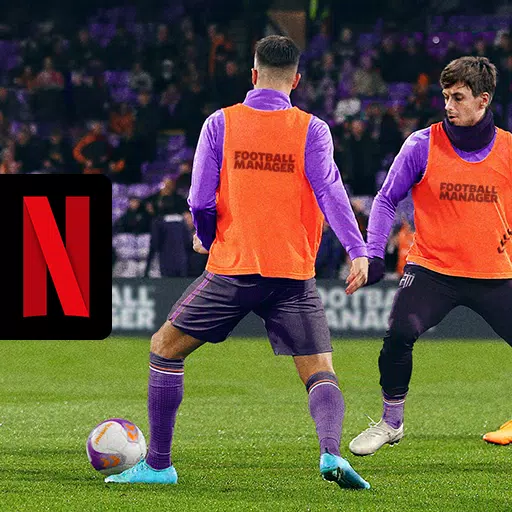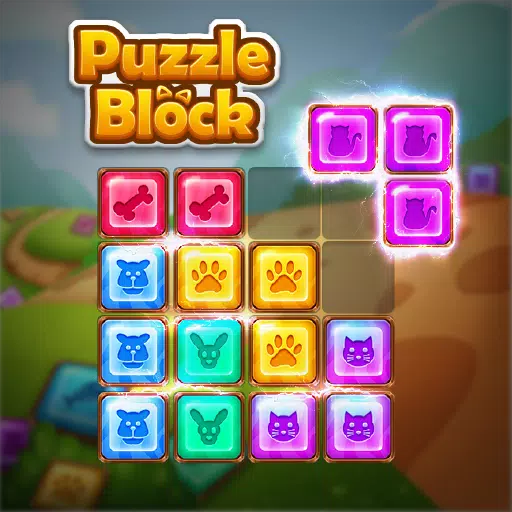Warner Bros. has made the difficult decision to cancel its highly anticipated Wonder Woman game and close three of its development studios: Monolith Productions, Player First Games, and WB San Diego. This news was initially reported by Bloomberg's Jason Schreier on Bluesky and later confirmed by Warner Bros. in a statement to Kotaku.
In their statement, Warner Bros. emphasized that these closures are part of a strategic shift to focus on developing high-quality games centered around their key franchises: Harry Potter, Mortal Kombat, DC, and Game of Thrones. They acknowledged the challenging nature of these decisions and praised the talent and passion of the affected teams. However, they stated that continuing with the Wonder Woman project was no longer aligned with their strategic priorities.
The cancellation of the Wonder Woman game comes after earlier reports this year suggested the project was struggling, following a reboot and a change in directors in early 2024. This news is part of broader challenges within Warner Bros.' gaming division, including layoffs at Rocksteady, the underwhelming reception to Suicide Squad: Kill the Justice League, and the shutdown of MultiVersus.
Additionally, the gaming division has undergone significant restructuring, marked by the departure of long-time games head David Haddad and rumors of a potential sale of the division. These developments represent a significant setback for Warner Bros.' efforts to expand its DC universe-connected gaming portfolio, especially as James Gunn and Peter Safran recently indicated that the first DCU video game is still a couple of years away.
The closure of these studios is a significant loss for the gaming industry. Monolith Productions, founded in 1994 and acquired by Warner Bros. in 2004, is renowned for its Middle-earth: Shadow of Mordor series, which introduced the innovative Nemesis system, patented by Warner Bros. in 2021. Player First Games, established in 2019, developed MultiVersus, which, despite critical acclaim and initial success, did not meet Warner Bros.' expectations. WB San Diego, also established in 2019, focused on mobile and free-to-play games.
These closures contribute to an ongoing trend of increasing layoffs, project cancellations, and studio closures in the games industry. In 2023, over 10,000 game developers were laid off, a number that rose to over 14,000 in 2024. The impact in 2025 is less clear due to fewer companies reporting specific numbers, but the trend continues to affect the industry significantly.














